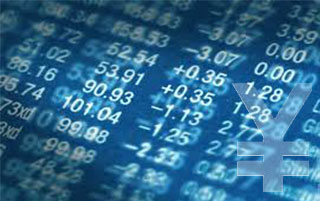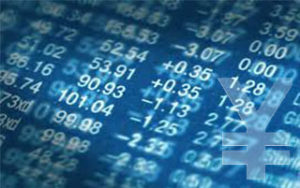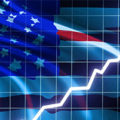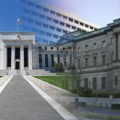For many it was not surprising to hear that the FOMC left the interest rate unchanged at 0.5% on Wednesday. Nevertheless, the markets reacted as if it were a completely unexpected outcome. Stocks and bonds rallied while the Yen and other currencies strengthened against the USD. Even oil surged as a result of the expected plunge in the value of the greenback. However hard Wall Street and investors are partying right now, the truth is that market values are unfairly inflated. This adds to the volatility and the risk in the markets, and it hits exports to the US market to the point where the US economy might even be perceived as growing at the expense of the rest.
Nations that rely heavily on exports, like Japan, which are also facing economic growth difficulties and have already resorted to extreme monetary tools in order to keep their economies afloat, will have to seriously consider further monetary loosening. The BOJ decided, a few hours before the FOMC that it will leave its monetary policy and rates unchanged. When the Fed decided to do the same, the Yen rose back close to 100 per USD. That rate threatens Japanese exports, which are at the heart of an already ailing economy.
Many other countries are on the same boat, together with Japan. All of them will have to take a closer look to their monetary policies in order to adjust to the fact that the FOMC is reluctant to pull back and stop propping the US economy up artificially with cheap money. Investors who counted on the ‘lower for longer’ policy, are reaping the dividends now, but might find themselves in a sea of volatility with huge storms on the horizon, once the FOMC breaks with its current behavior, and realizes that the markets are overheated.
Although a 25 basis point rate hike is on the table for December, and most analysts believe that it will take place, such a small change in interest rates over a year will do little to bring the economy back from crisis measures. In fact, the markets might have already priced in that change, which means that little will change in international and forex markets as well. A real break from the current policy, which can bring at least 2 hikes annually until the rates are at or above the 2%, will rock investor’s boats, and will do a great service to the world economy, by letting it take part in the US recovery. In the meantime, suffocating the world economy with cheap money, will only prime markets for a bigger, more sudden fall and will leave us with more volatility until then.







